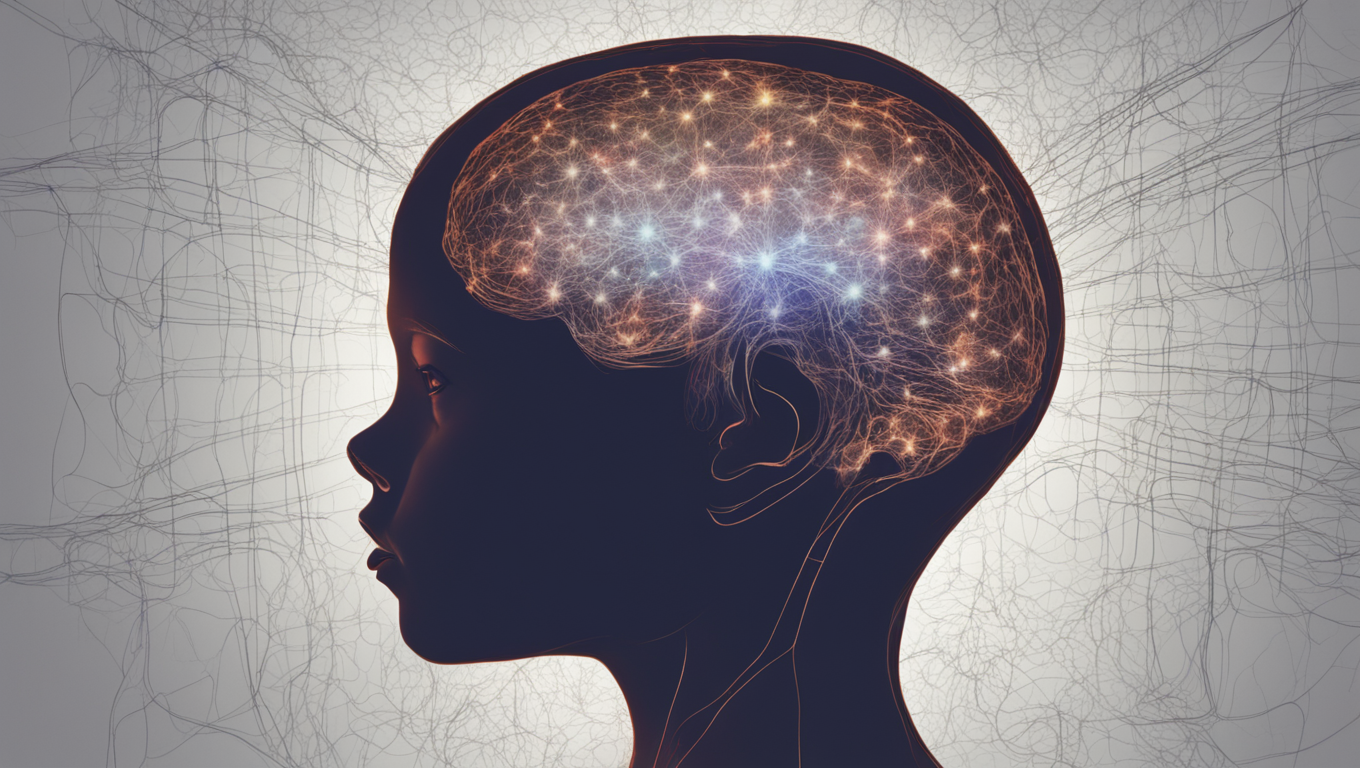Artificial intelligence (AI) has once again proven its potential in the field of mental health. According to a study published in the Nature Mental Health journal, AI can accurately identify individuals with anxiety disorders by analyzing their unique brain structures. This groundbreaking research involved over 3,500 young people from various ethnicities, geographical locations, and clinical backgrounds, making the results all the more remarkable.
The researchers employed machine learning (ML), a type of AI that allows machines to learn and improve from data analysis without explicit programming. By examining cortical thickness, surface area, and volumes of deep-lying brain regions, the ML algorithms were able to identify patterns consistent with anxiety disorders. Lead researcher Moji Aghajani, Assistant Professor at Leiden University in the Netherlands, expressed excitement about the study’s potential to pave the way for more personalized approaches to prevention, diagnostics, and care.
Anxiety disorders typically emerge during adolescence and early adulthood, causing significant emotional, social, and economic issues for millions of young people worldwide. However, understanding the underlying brain processes involved in these disorders has been challenging due to the limited scope of previous clinical studies. Aghajani noted that these studies often focus too much on the “average patient” rather than considering individuals' unique characteristics. Traditional analytical techniques have also been insufficient in producing individual-level outcomes.
Fortunately, the scientific community is starting to shift its approach, acknowledging the importance of individual differences and employing large and diverse datasets, commonly referred to as “big data,” combined with AI to drive new insights. This study exemplifies this growing trend and highlights the potential of AI to revolutionize mental health research and treatment.
While the study’s results are encouraging, the researchers acknowledge that there is room for improvement. To enhance accuracy and expand the scope of their findings, additional refinement of the algorithms is necessary. Furthermore, incorporating other types of brain data, such as brain function and connections, could provide a more comprehensive understanding of anxiety disorders.
In conclusion, AI is showcasing immense promise in identifying anxiety disorders through brain structure analysis. By harnessing the power of machine learning, researchers are breaking new ground in mental health research. This innovative approach has the potential to revolutionize prevention, diagnostics, and care, offering a more personalized and effective treatment framework. As we continue to integrate AI and big data into the field of mental health, we can look forward to further breakthroughs that will transform the way we understand and address mental health challenges.





Use the share button below if you liked it.